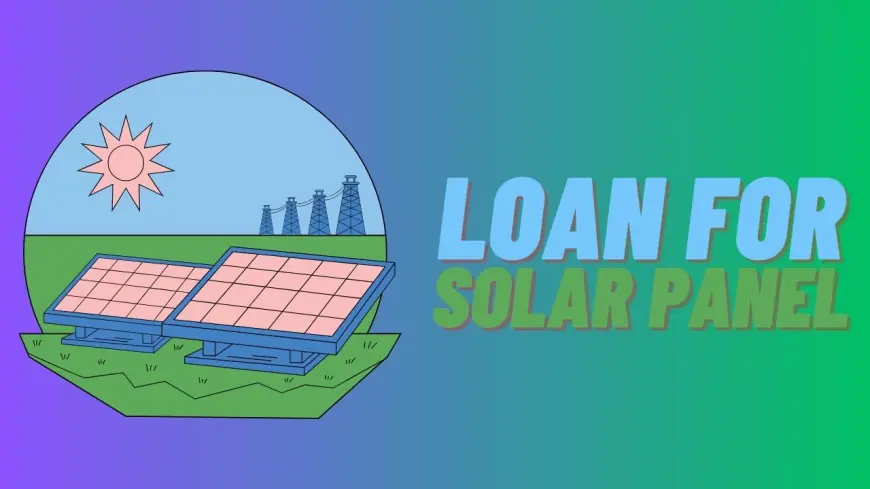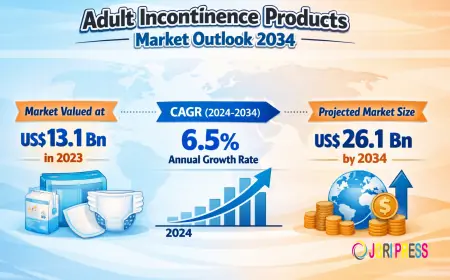Solar Panel Financing in 2025: Trends, Tips & Tax Benefits

As the world moves toward cleaner energy and sustainable living, solar power has become more than just a trend — it’s a necessity. In India, the demand for residential and commercial solar panel installations has skyrocketed over the past few years. However, the initial investment can still be a barrier for many.
If you're considering switching to solar this year, understanding the latest financing options, industry trends, and available tax benefits can help you make a smart, cost-effective decision. Here's everything you need to know.
Why Solar Panels Are Booming in 2025
In 2025, India continues to witness a massive push toward renewable energy, driven by:
- Government incentives and subsidies
- Rising electricity bills
- Improved solar panel efficiency
- Environmental awareness among consumers
According to recent data, over 2 million Indian homes are now equipped with rooftop solar panels, and this number is expected to grow significantly. However, the upfront cost — ranging from ₹1.5 lakh to ₹5 lakh or more — still holds many back. That’s where flexible financing solutions bridge the gap.
Top Solar Panel Financing Trends in 2025
1. Easy EMI-Based Loans
Most banks and NBFCs now offer solar loans or personal loans specifically tailored for solar panel installation. These loans are available with:
- Tenure up to 7 years
- Interest rates as low as 8–12%
- Zero or minimal down payment
- Loan amounts up to ₹10 lakhs
With EMI options starting from just ₹2,000–₹3,000 per month, solar is now within reach for the average household.
2. Pay-as-You-Save Models
A popular financing trend in 2025 is the Pay-as-You-Save (PAYS) model. Instead of paying a large sum upfront, users install solar panels and repay the cost using their monthly electricity savings. In many cases, the monthly savings are equal to or greater than the EMI — resulting in net-zero or positive cash flow from day one.
3. Government-Backed Financing Schemes
The Indian government continues to support solar adoption through priority sector lending, subsidized loans, and tie-ups with PSU banks. The PM Surya Ghar Muft Bijli Yojana, for example, offers free electricity up to a certain limit along with financing support for solar rooftop setups.
Tips for Financing Solar Panels in 2025
If you’re planning to finance your solar installation, here are a few practical tips:
✅ Compare Loan Offers
Different banks and lenders offer varied interest rates and tenures. Compare offers before applying. Look for loans with no prepayment penalty, so you can repay early without extra charges.
✅ Choose the Right System Size
Get a professional energy audit to determine the ideal solar system size for your home or business. Avoid over- or under-investing.
✅ Check Manufacturer & Installer Credentials
Only work with MNRE-approved vendors and experienced installers. This ensures product quality and eligibility for government subsidies.
✅ Use a Solar Calculator
Online tools help estimate your monthly savings, payback period, and EMI — giving you a realistic financial picture before you commit.
Tax Benefits and Subsidies in 2025
One of the biggest advantages of going solar in 2025 is the continued support through tax incentives and subsidies:
? Government Subsidies
The central government provides up to 40% subsidy for residential rooftop solar systems (up to 3 kW), especially for individual homeowners. This directly reduces the cost of installation.
? GST Benefits
Solar panels and related equipment attract just 5% GST, which helps keep the total cost lower compared to other electronic products.
? Section 80-IBA & Accelerated Depreciation (for Businesses)
Commercial and industrial establishments can claim accelerated depreciation benefits and deductions under Section 80-IBA of the Income Tax Act, making solar a financially smart choice for entrepreneurs.
Conclusion
Solar energy is no longer just an eco-friendly dream — it's a practical, affordable reality in 2025. Thanks to evolving solar panel financing options, government incentives, and rising energy costs, more Indians than ever are switching to clean energy.
What's Your Reaction?
 Like
0
Like
0
 Dislike
0
Dislike
0
 Love
0
Love
0
 Funny
0
Funny
0
 Angry
0
Angry
0
 Sad
0
Sad
0
 Wow
0
Wow
0














































